We should act first, then speak later. The sustainable and inclusive revolution is here to stay, and we are committed to playing our part with one ambition: to generate and share sustainable value in everything we do.

Our
approach to
sustainability
The environmental and social challenges we have faced in recent years show that our commitment must be stronger than ever. Each and every one of us has a role to play in preserving the world around us for future generations.
At Bolton, we believe that finding the right balance between economic, environmental, and social responsibility is the only way to build a better future.
Our sustainable development plan is based on three pillars – Sourcing, Production, and People – and embodies what sustainability means to us: transforming our business to generate sustainable value by taking care of people and the planet.
Sourcing
Source sustainable raw materials and ingredients
Reduce packaging environmental impact
Foster environmental and social responsability across our supply chains
PRODUCTION
Steer our portfolio towards sustainability
Improve the footprint of our operations (plants, fleets, logistics)
Reduce waste and maximize waste recovery
Improve sustainability or our workspace
PEOPLE
Employees
Promote a “Zero Accident” culture
Ensure equal opportunities for all
Improve employees’ wellbeing and engagement
Community
Promote access to quality education
Support vulnerable people
Support local communities where we operate
Our
commitments
to 2025
The commitments we aim to achieve at Group level by 2025 focus on three key areas - responsible sourcing, production, and people.
We strive to boost circularity within our business model by reducing energy and water consumption and cutting waste production, through a responsible approach to the procurement of raw materials and packaging and by committing to using innovative, sustainable technology.
Respecting the limitations of our planet goes hand-in-hand with safeguarding the wellbeing of our people and of the communities where we operate.
We want to provide a safe and welcoming work environment along with opportunities to develop new skills through personal development programs, while we’re also committed to improving our employees’ work-life balance.
We want to offer the communities where we operate the chance to improve local education opportunities and provide support to younger generations and vulnerable individuals.

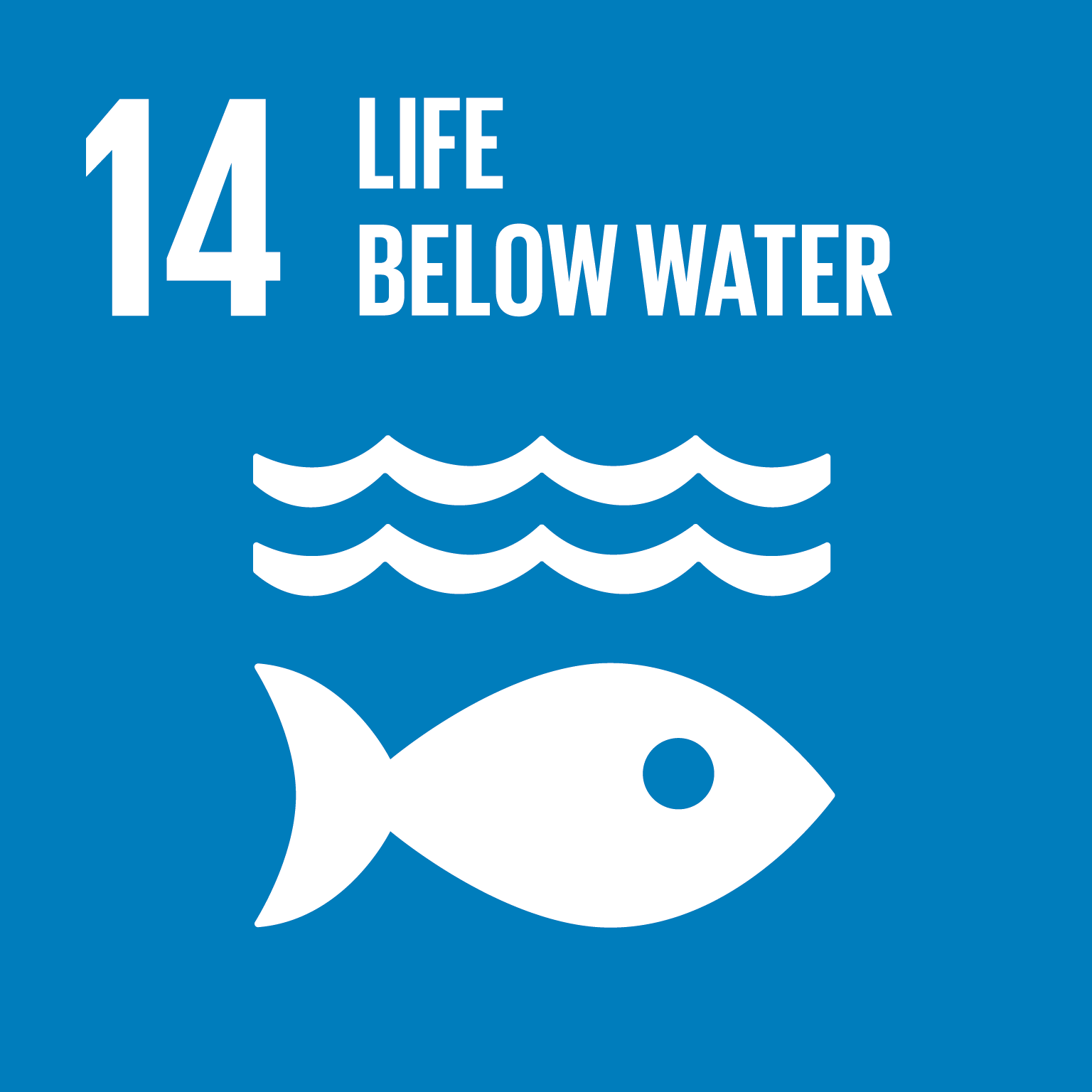
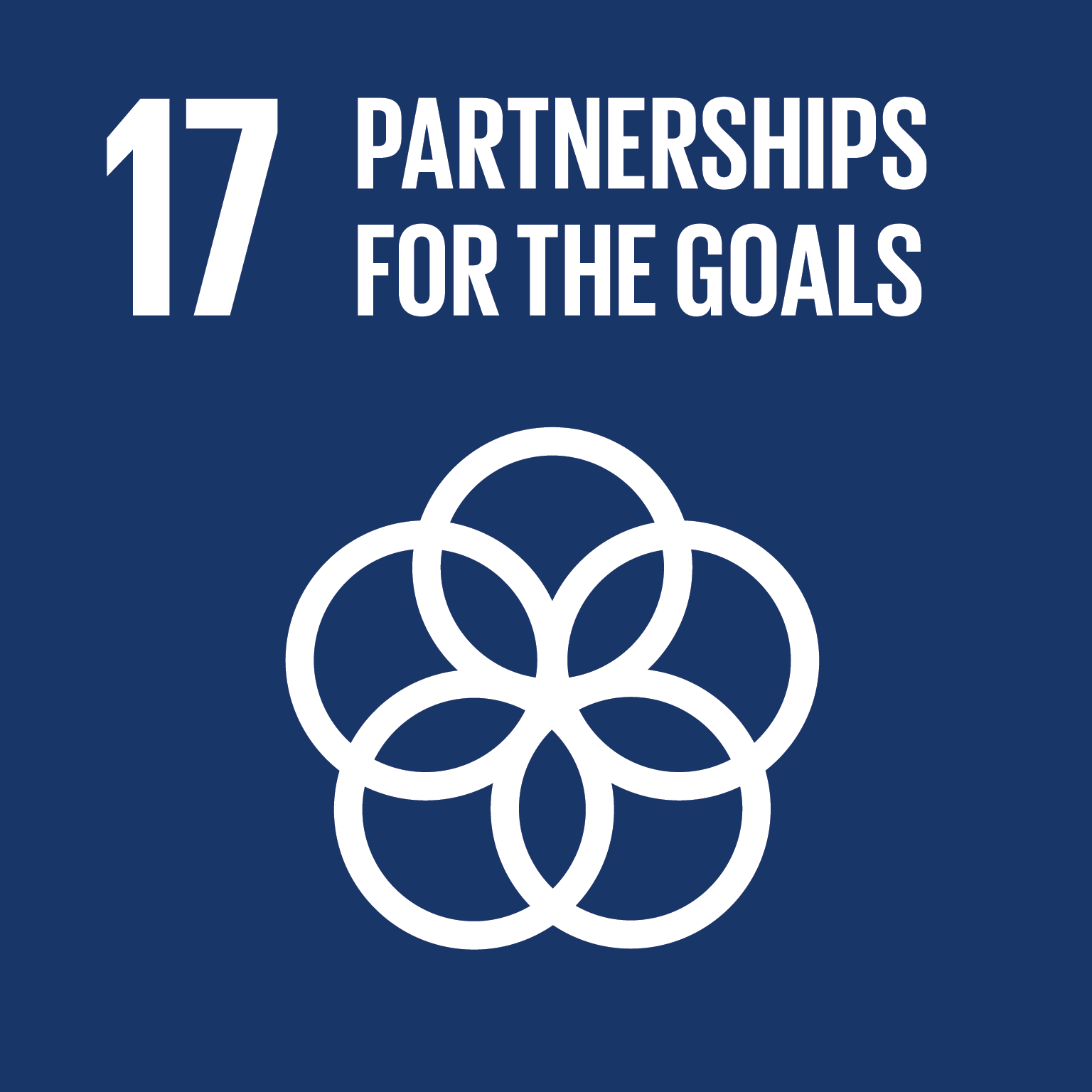
Source sustainable raw materials and ingredients
- Achieve 100% responsibly sourced tuna1
- Source 100% responsibly sourced beef
- Source 100% RSPO certified palm oil derivatives for home, personal and beauty care products2
- Develop 100% solar creams compliant with Hawaiian Reef Bill

Reduce packaging environmental impact
- Design packaging to be 100% recyclable 3
- Achieve 50% recycled, bio-based or certified packaging materials overall
- Use 40% recycled or bio-based plastic packaging
- Source 100% zero-deforestation paper (FSC? or PEFC certified or recycled)
- Annually reduce ratio of virgin packaging to finished product
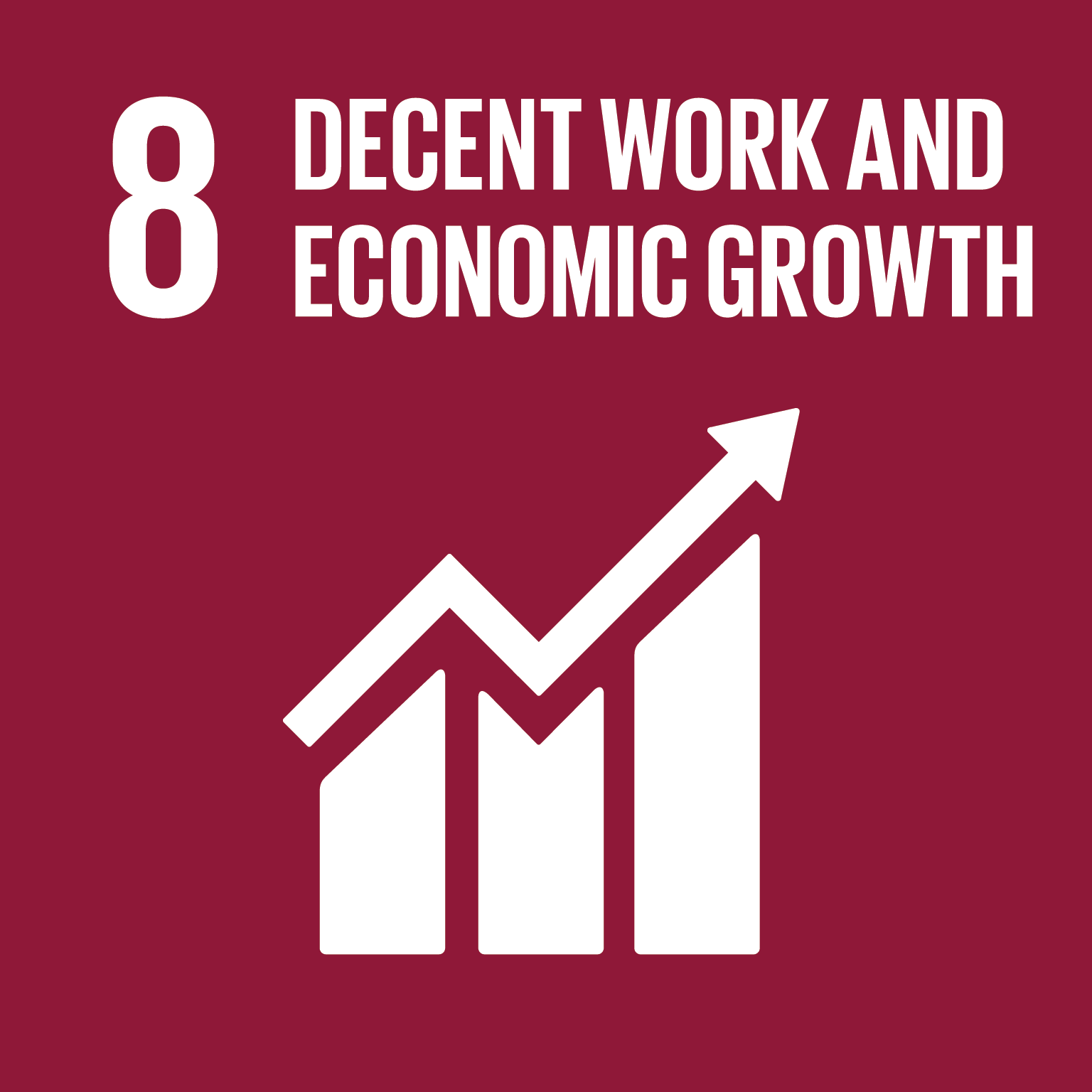


Foster social & environmental responsability throughout our supply chain
- Perform social and/or environmental assessments and/or audits on 100% of suppliers4
1Target to be reached by 2024. These commitments refer to Business Units that supply branded products. Tri Marine, our B2B Business Unit acquired in 2019 and operating in the Tuna Supply Chain category, is not involved in these commitments.
2We do not use palm oil or derivatives in our food products. This figure is referred to our Home & Personal care products.
3Excluding products where ingredients or residue may affect recyclability or pollute recycling streams.
4Excluding acquisitions from 2019 onwards. Includes suppliers with annual turnover of over €80,000.
SOURCING
Our commitments
The first pillar of our sustainability strategy is to ensure a responsible approach to our supply chain and to our use of natural resources and raw materials.
Sustainability starts from the beginning
Our target when sourcing raw materials is to protect and restore biodiversity, with a specific focus on preserving the health of the oceans. Our efforts started several years ago and in 2009 we were among the founders of the International Seafood Sustainability Foundation (ISSF). We also benefit from a long-standing collaboration with WWF® in the field of responsible procurement of marine resources. But our commitments do not end there: we strive every day to develop more sustainable formulas for our chemical products and to increase our use of natural or renewable ingredients.
Reducing the impact of packaging
We are committed to reducing the impact of packaging materials by cutting their weight and thickness, increasing our use of recycled, biobased or certified materials, and striving for higher levels of recyclability.
In recognition of the pressing need to reduce plastic pollution, which is undoubtedly one of the most urgent environmental issues facing the world today, we have signed up for the Business Call for a UN Treaty on Plastic. This initiative campaigns for a binding international agreement at the United Nations level to address plastic pollution.
Protecting human rights throughout the supply chain
We are committed to developing a fairer supply chain – and that starts with protecting human rights. Through our partnership with Oxfam, Bolton Group has already taken steps to improve human rights standards in the tuna supply chain.

Steer our portfolio towards sustainability
- Apply circularity criteria to 70% of production volumes
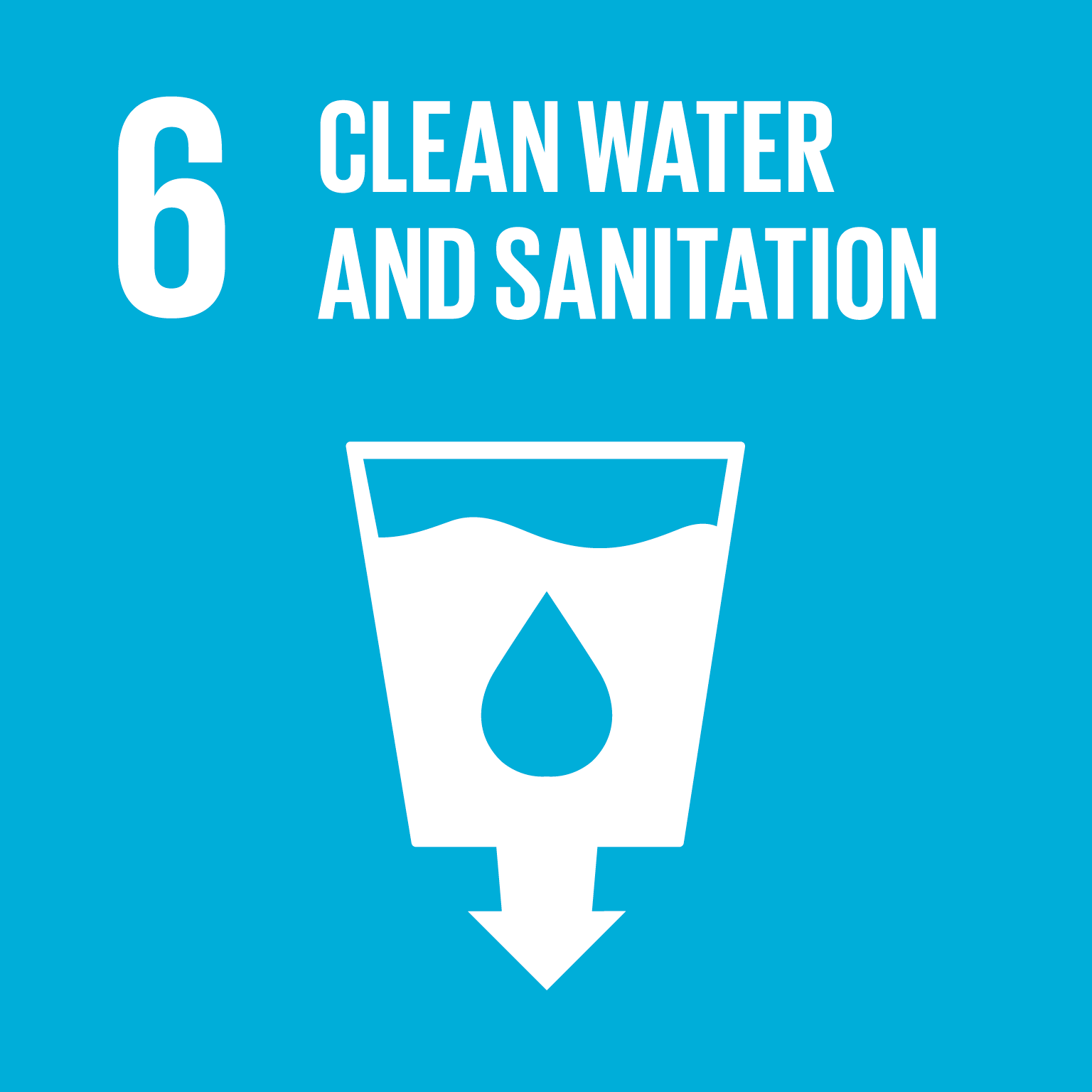


Improve the footprint of our operations (plants, fleets, logistics)
- Cut by 20% GHG emissions’ level in relative terms (CO2 over finished products) in our plants5
- Use 100% electric energy from renewable sources
- Reduce water consumption per finished product by 20%6

Reduce waste and maximize waste recovery
- Achieve zero waste to landfill

Improve sustainability of our workspace
- Reduce the environmental footprint of our buildings and offices annually (efficient energy use, consumption of natural resources, etc.)
5 Excluding acquisitions from 2019 onwards. Including suppliers with annual turnover > € 80,000.
6 Baseline 2017
Production
Our commitments
There are two main challenges facing our production operations: to adopt a strategy that is better aligned with the circular economy and to steer our activities towards decarbonisation, to help tackle climate change.
Reducing our footprint through best practices and certification
We constantly monitor and improve our performance in terms of emissions, waste, and energy consumption as we look to reduce the impact of our production operation. We have implemented ISO 9001-certified quality management systems in 81% of our production plants. Similarly, most of our plants already operate in compliance with the highest environmental standards, such as ISO 14001, and some have significantly reduced energy consumption by adopting ISO 50001-certified energy management systems.
Doing more with less
Bringing circularity into our manufacturing processes is all about “doing more with less”. That means more closed loops, less linear flows, and an overall reduction in raw material usage. We are committed to achieving a more circular approach by reducing the environmental impact of our 17 fishing fleets and 16 production plants. We will increase efficiency by:
– Reducing the consumption of non-renewable materials, energy, and water
– Limiting CO2 emissions into the atmosphere
– Reducing waste and maximising waste recovery

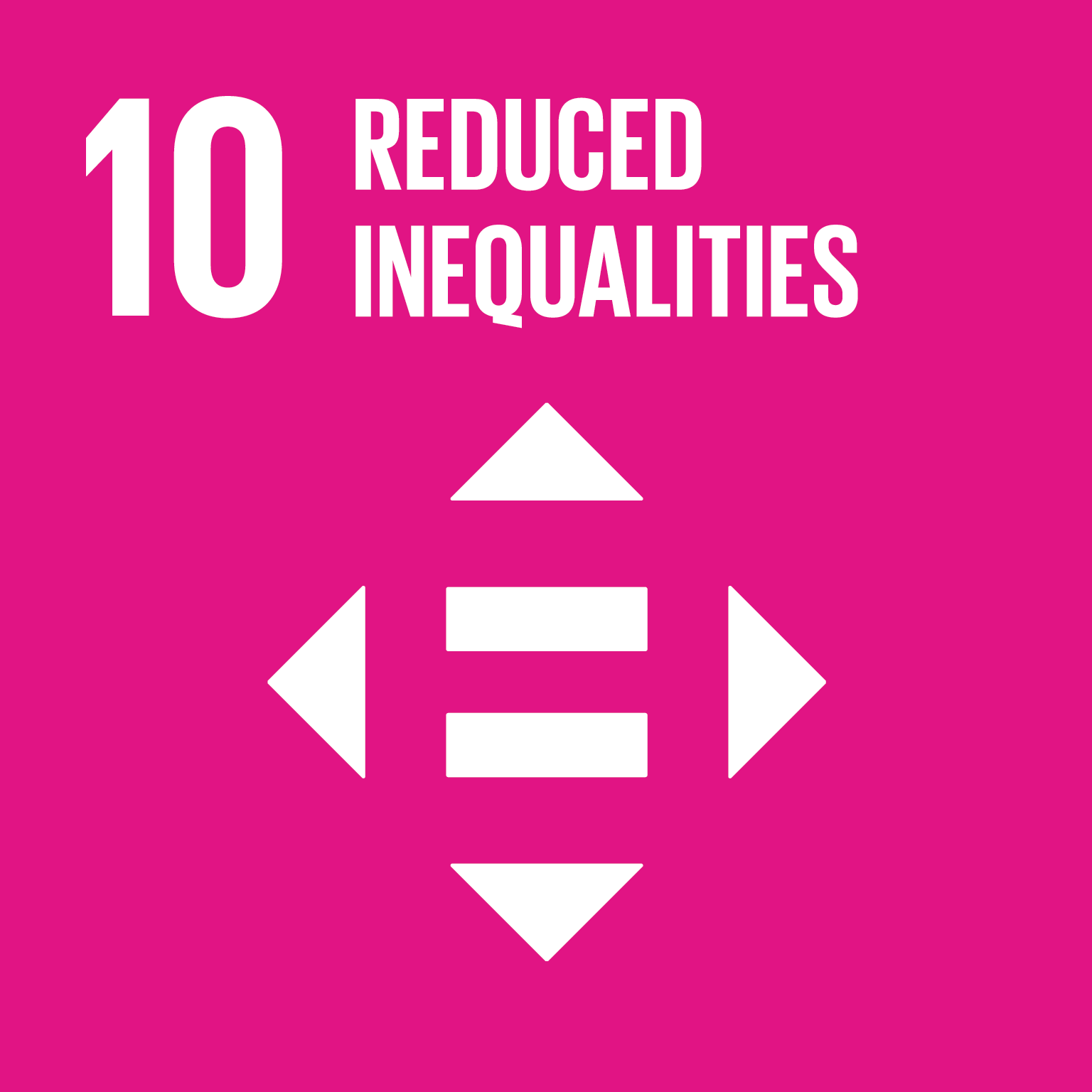
Promote a culture of safety and guarantee equal opportunities
- Work towards zero injuries by continually reducing the frequency of injury
- Ensure equal gender representation7 in hiring activities
- Achieve 40% women in executive positions
- Ensure gender pay equity
- Ensure an international environment by hiring at least 10% non-local employees in corporate and junior positions every year8
- Cover more 50% vacant managerial positions with internal resources9

Improve employees’ wellbeing and engagement
- Continuously improve our employees’ Trust Index (according to Great Place to Work), exceeding the market benchmark
- Guarantee to 100% employees10 access to remote working programs or other flexibility measures for work-life balance


Support Vulnerable People
- Reach more than 5 million vulnerable people with our products
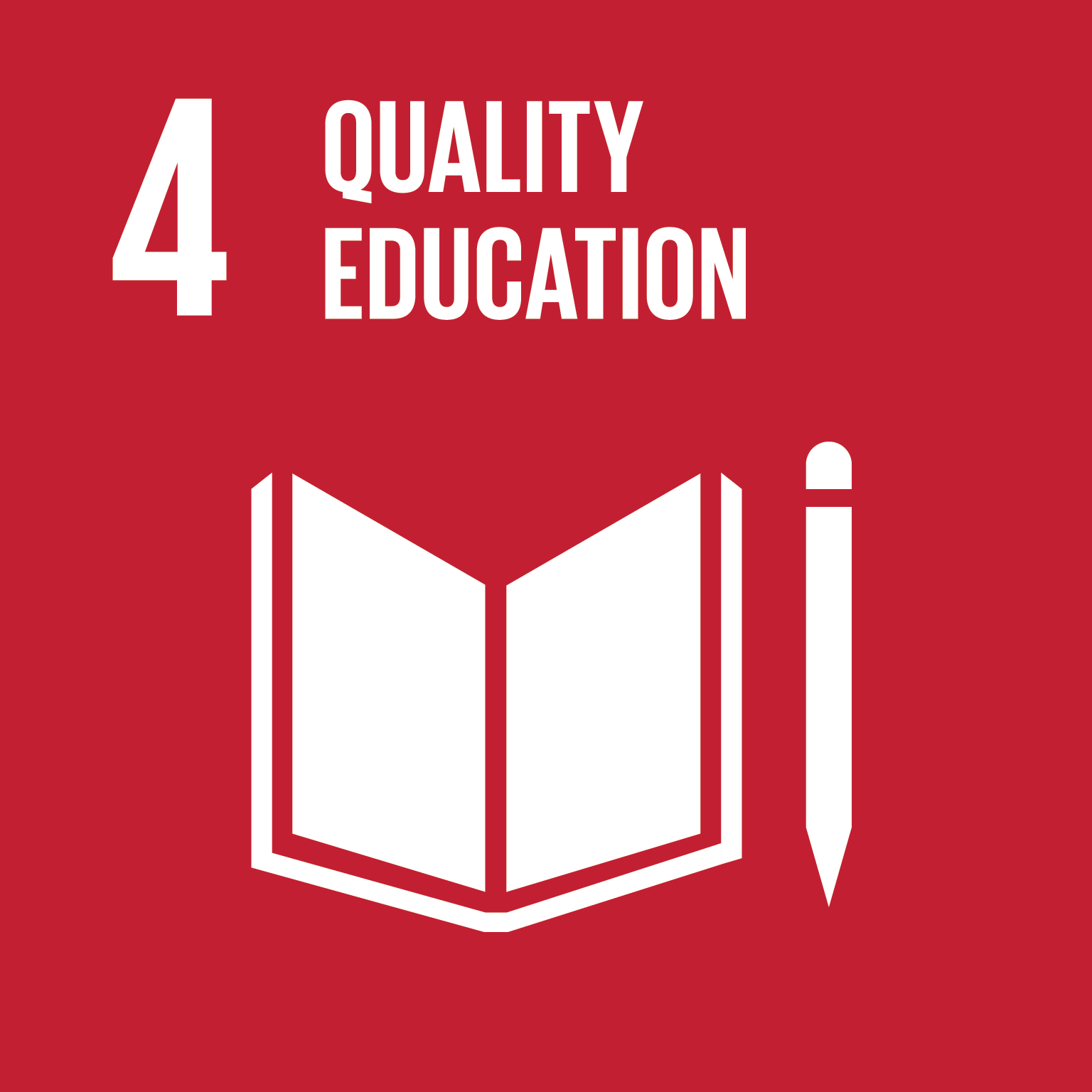

Promote acess to quality education
- Reach more than half million young people with educational projects
7Baseline 2017.
8At least 50% of individuals on shortlists for white collar positions must be female.
9The scope is referred to corporate and junior positions.
10 Inter- and intra-Business Unit. 11 white-collar positions.
People
Our commitments
At Bolton Group, the well-being of our employees and the community is an absolute priority.
Our strength lies in our people
We are committed to ensuring a safe and welcoming work environment for our employees, promoting the right work-life balance, and providing the right opportunities to develop new skills and pursue personal growth.
In 2019, we took the first step towards improving our work environment by engaging with our employees through the Great Place to Work survey. We also launched a partnership with Valore D, the first association of companies based in Italy committed to building a gender discrimination-free professional world and ensuring a more inclusive approach.
Giving back by sharing value
We strive to offer the local communities with whom we work real opportunities to improve the living conditions of the youngest and most vulnerable.
We’ve been working with organisations like Save the Children and Food Bank for many years, while also promoting and funding access to quality education and healthcare, scientific research, and environmental, artistic, and cultural projects in many countries.





 back
back




